Post
A catch
Save a catch to start your fishing logbook. You will be able to to share it with the community if yo want!
A fishing trip
Post an ad to go fishing with other fishermen
Save a catch to start your fishing logbook. You will be able to to share it with the community if yo want!
Post an ad to go fishing with other fishermen
Share a thought, a question with the community
My favorite cities
×Join our 737 fishermen and our 3 cofishermen in Dane-Hills in Leicestershire. The fishing forecast is currently 3. The most caught fishes here are the minnow fish, the three spined stickleback, the wels catfish and the zander fish. Come try the most famous fishing techniques like the trolling for mackerel, fishing techniques for sea bream, tips for jig fishing or cast fishing material for mackerel fish or the bolognese fishing.
Our fishing forecast of Dane Hills indicates the best time to go fishing in this city.
The Minnow fish
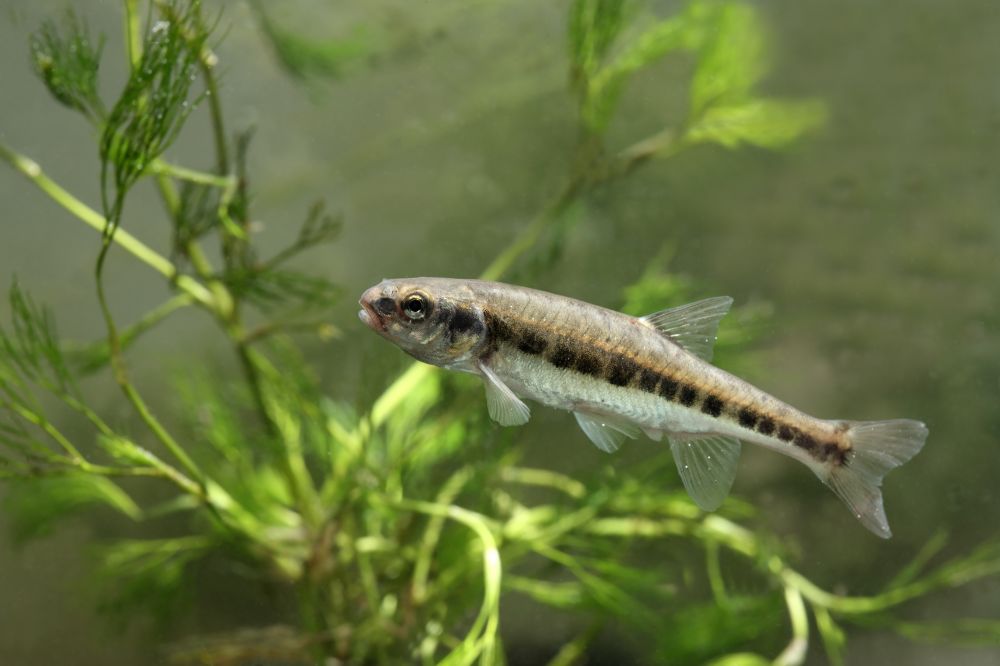
The Minnow fish belongs to the Cyprinidae family. The minnow is a small fish with a length of 4 to 10 cm (maximum 14 cm) and a weight of 3 to 10 g (rarely more than 13 g). Life expectancy is 4 to 5 years (maximum 11 years). Reproduction takes place from April to July or from one region to another. Depending on size, the female lays between 200 and 1000 eggs. It can be fished all year round. It moves in benches. It is often accompanied by trout of the same size and young salmon. The body is shaped like a spindle. The head has a rounded snout, the mouth is terminal (the upper jaw slightly protrudes from the lower jaw). The back is dark green, the upper part of the flanks is light brown with large black-brown spots (sometimes linked to form stripes), while the lower part is yellowish green with silvery highlights, the belly is creamy whitish (in spawning season, it is copper red in males). The lateral line usually only extends to half of the body. The caudal peduncle is compressed laterally. The fins are rounded and transparent. The caudal fin is clearly indented; the ridge is quite high.
The Minnow fish is a famous fish you can catch in Dane Hills.The Three Spined Stickleback
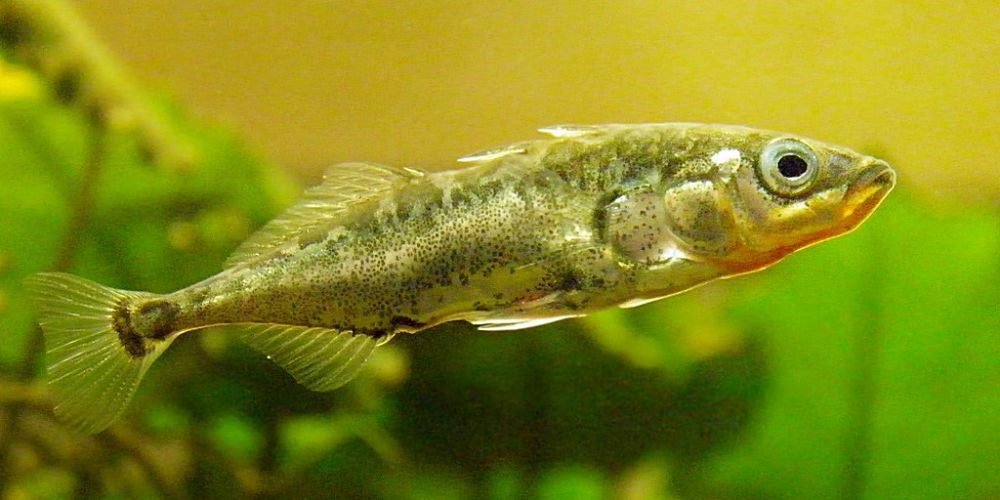
The three spined stickleback belongs to the Gasterosteidae family. The usual size of the three-spined stickleback is 4 to 5 cm for females, with males being a little smaller, about 3 to 4 cm. The life span of the three-spined stickleback varies from 3 to 5 years in natural environments and up to 8 years in captivity. Spawning season extends from March to June. Fertility is 200 to 400 eggs. It is fished from June to March. The three-spined stickleback is a tiny fish with a tapered, laterally compressed body. Its head is quite small, with fairly large eyes, and ends in a narrow mouth that is slightly oriented forward and upwards. The caudal peduncle of the three-spined stickleback is very narrow with a slightly indented caudal fin. The long dorsal fin is set far back, plumbing the anal fin. The dorsal fin of the three-spined stickleback is preceded by three spines, two long and one short, placed on the back of the fish. A curved spine also precedes the implantation of the anal fin. The pelvic fins are replaced by two thorns. The color of this fish is greenish brown for the back, with metallic reflections, silvery for the sides and whitish for the belly. Along the lateral line of the three-spined stickleback, there are no scales but bone plates called "badges", a kind of natural shielding that accompanies the thorny defenses of this fish.
The Three Spined Stickleback is a famous fish you can catch in Dane Hills.The Wels Catfish
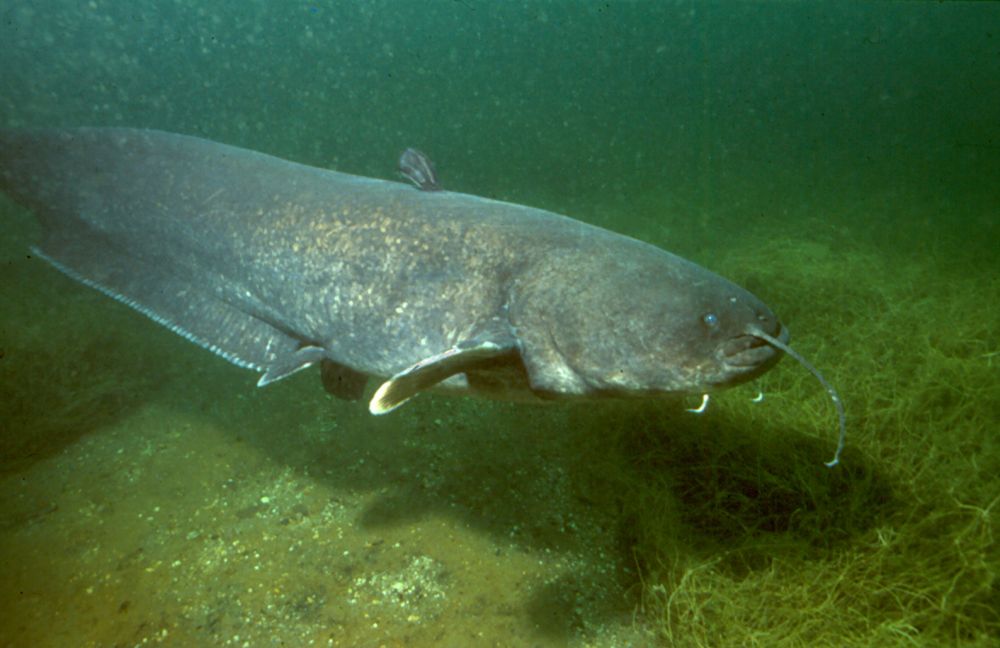
The Wels Catfish belongs to the Siluridae family. The usual size is 1 m for 10 kg but it can reach a maximum of about 5 m for a weight of about 300 kg. The maximum observed longevity is 60 years. It breeds from May to June. The female lays 20,000 to 30,000 eggs per kg of weight. It can be fished all year round. This massive species has a flat, broad head with small eyes and three pairs of barbells. Two pairs not movable on the lower jaw, one longer and movable on the upper jaw. The trunk represents about 1/3 of the animal and has the paired radiated fins and a small rudimentary dorsal fin. The belly is lighter. The posterior part of the body is laterally flattened and has a long anal fin. The tail ends in a homoceric fan-shaped caudal fin. The livery is variable and fluctuates from olive green to grey, both plain and with light spots. The skin is viscous and flake-free. The wels catfish has many small teeth.
The Wels Catfish is a famous fish you can catch in Dane Hills.The Zander fish
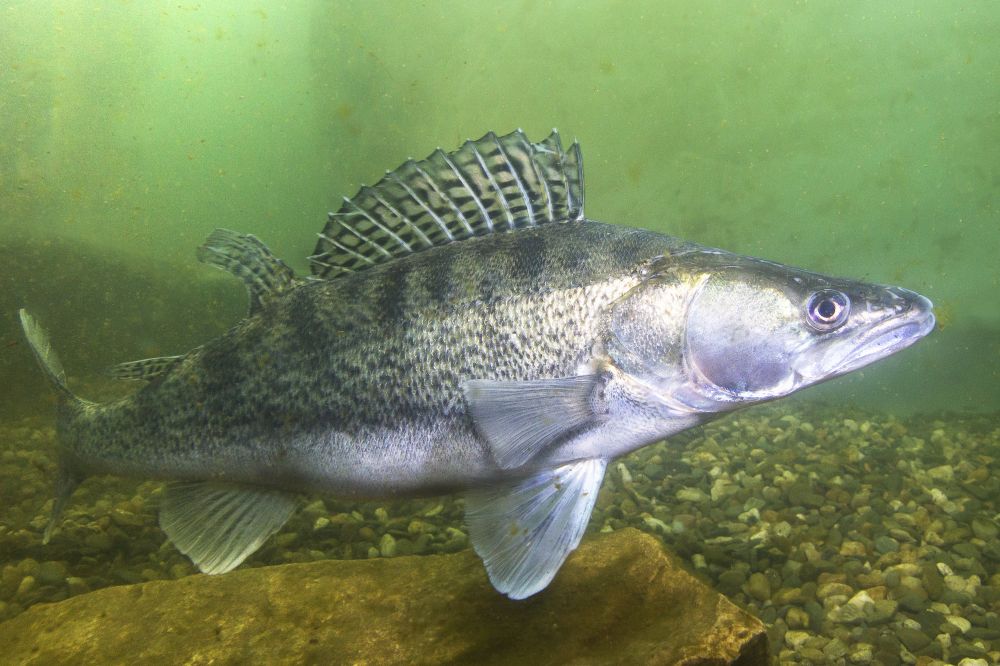
The zander fish belongs to the Percidae family. The Zander is a fish that can reach a length of 100 cm (maximum 130 cm) for a weight of 20 kg and an age of about fifteen years (maximum 20 years). Spawning takes place between April and August. Fertility is high with nearly 200,000 eggs/kg of female. It is caught from May to December. Its body is slender and fusiform. The head is elongated. The back is greenish grey and has slight dark vertical stripes. It has no transverse stripes and the flank is clear. The belly is whitish except in the male during the breeding season when it is darker. No thorns on the gill cover. Its two dorsal fins are separated. The first is spotted and thorny. The caudal fin has 17 soft rays. Its mouth is armed with many teeth and large "canines" that are visible when the animal is motionless due to breathing movements.
The Zander fish is a famous fish you can catch in Dane Hills.Barbel Fish
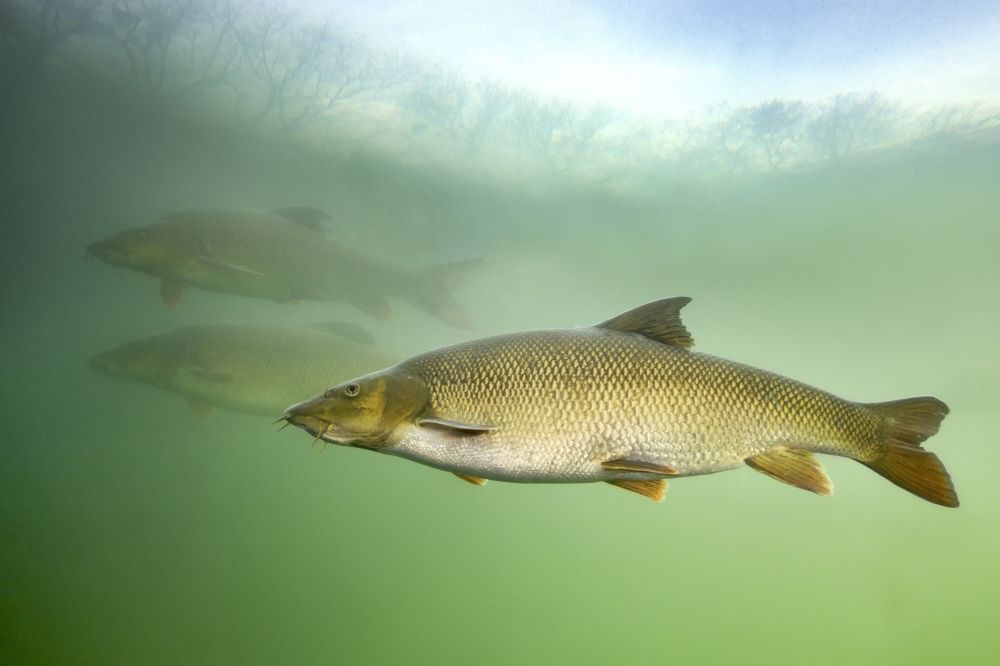
The Barbel fish belongs to the Cyprinids Family. Its maximum weight is 9 kg, and its maximum size is 90 cm but sometimes, it can reach 1 m. It can live 15 years. The Spawning period starts in May and end in July. It can lay up to 9,000 eggs. You can fish Barbel all year. The minimal weight catch is 3 kg. The barbel fish is hard to catch especially in an area where it feels at ease. The Barbel fish, with its streamlined body, shows its perfect adaptation to rivers animated by a more or less rapid stream. Depending on its layout, its color, which may be different, is uniform and slightly lighter on the belly. Barbels are sometimes "grey", sometimes "greenish", and sometimes "golden". Its snout is characteristic and clearly protrudes from its mouth. Note that the dorsal fin has a highly ossified thorny radius.
Barbel Fish is a famous fish you can catch in Dane Hills.Our fishing forecast of Dane Hills indicates the best time to go fishing in this city.
Our fishing forecast of Dane Hills indicates the best time to go fishing in this city.
Our fishing forecast of Dane Hills indicates the best time to go fishing in this city.
